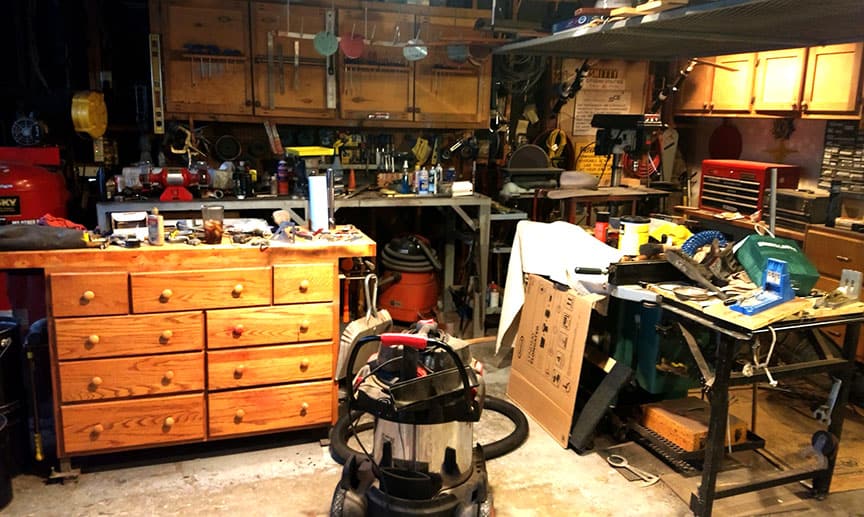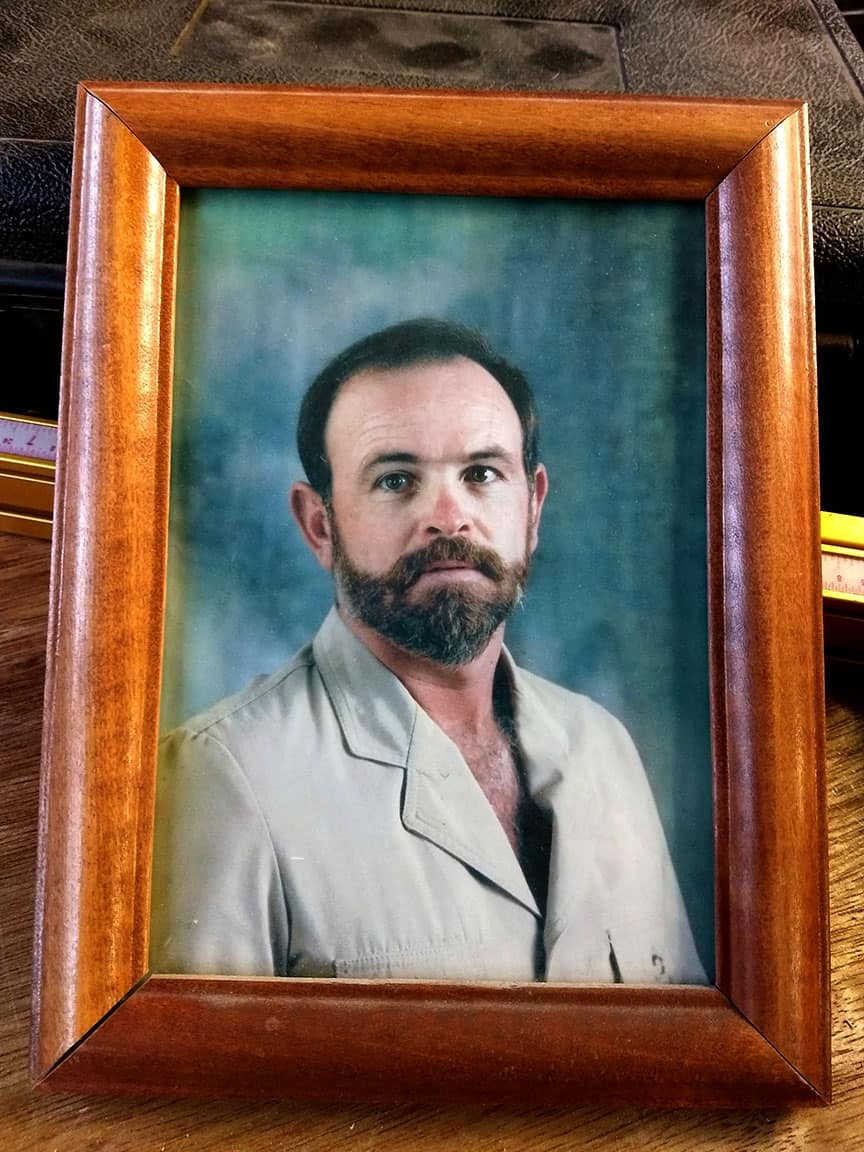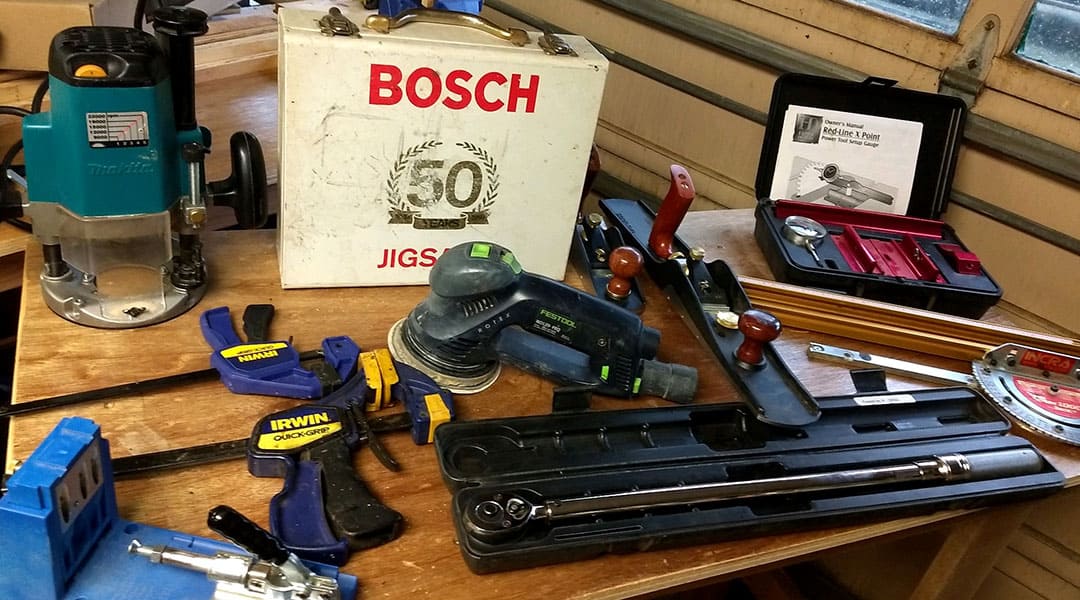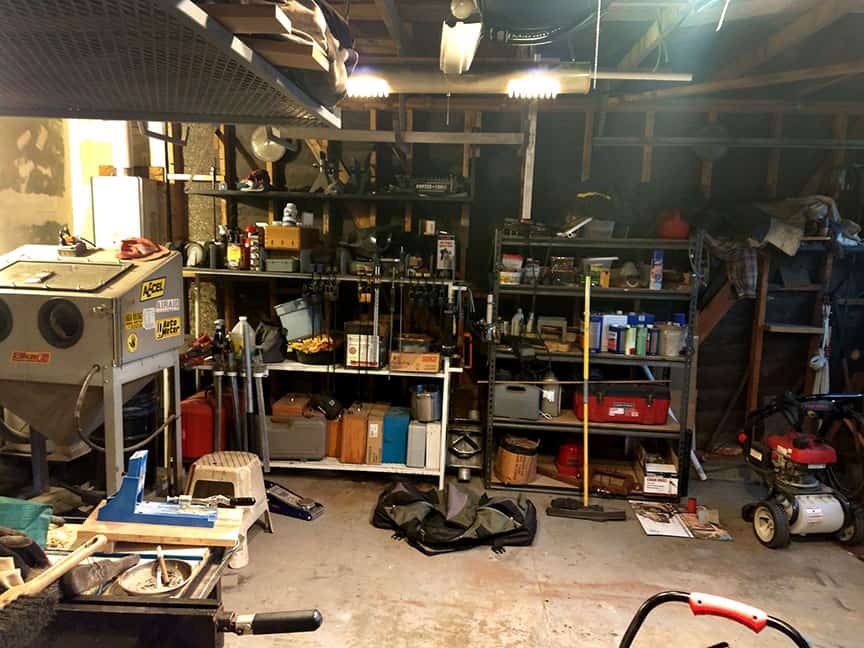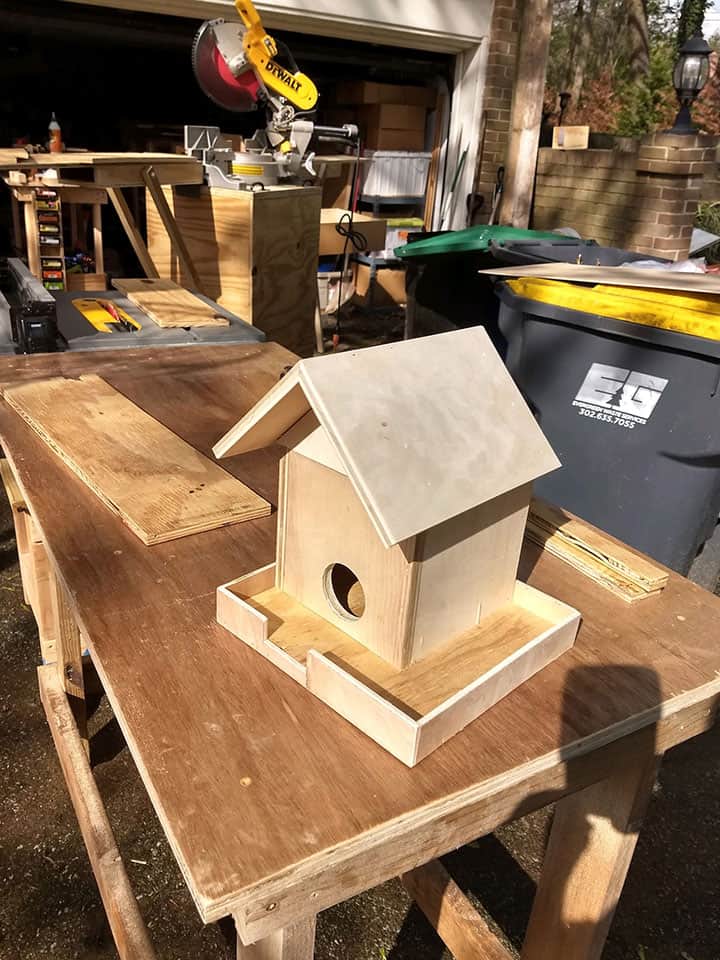My grandfather’s favorite activity was woodworking and he spent most of his time in his garage that was well stocked with tools.
My 72-year-old grandfather died in late April, not of Covid-19 but of advanced liver cancer. His passing will be counted among the anticipated 630,000 deaths in 2020 from all forms of cancer, according to the Centers for Disease Control and Prevention.
The death of a loved one is always difficult. The deaths most talked about today, however, are a result of COVID-19 which has claimed the lives of more than 60,000 in the United States as of the end of April.
Those deaths from the coronavirus pandemic certainly grieve my father, but it is the April 22 death of his own father, Ronald Lamelle Smithson, that causes him to deeply mourn. The COVID-19 era has changed a lot about the world, and, to his way of thinking, in a way diminished the death of my grandfather.
My dad, Ronald Douglas Smithson of Wilmington, Delaware, believes COVID-19 deaths are the only ones people care about right now.
“If you have something else and it’s a fatal disease it’s not getting the same amount of reverence as Covid is right now,” Smithson, 53, said. “‘Oh it’s not COVID? That’s too bad.’ I don’t know if they want to know someone that died of COVID or what.”‘
Dealing with his father’s terminal cancer diagnosis would have been difficult at any time, but like many people losing loved ones now, he missed out on the normal things most people get to do when grieving a loved one’s death.
“You can’t do the traditional things; you can’t have a funeral, you can’t have a memorial, you can’t physically be there in the hospital if they go there when they die. If I was next to him in a hospital, I can’t do anything for him, but at least I could be there,” an emotional Smithson said.
Smithson flew out to see his father shortly before he died and was slightly consoled because he knows many people haven’t been as lucky to see their loved ones before the end. They both enjoy woodworking as a hobby and Smithson was able to ship some of his father’s tools back, so that he could use them. It’s how he’ll always be able to remember his father, he said.
“Every time I take a hammer or a saw to a piece of wood and I look at all those tools of his I have, I’ll remember him,” Smithson said.
There’s a few things that stuck out to Smithson as foreign when dealing with a death in the family, from flying out to see a dying loved one on a mostly empty plane filled with masked individuals to a missing memorial service. The hardest part is in the wake of his father’s death, Smithson still has to wait to give his dad his final wish and spread his ashes.
“You need a death certificate to get someone cremated. Because of the coronavirus everything has to be done through the mail. It’s going to be three weeks, so my dad is laying in a mortuary while I’m waiting for the U.S. postal system,” Smithson said
COVID-19 is dominating the news cycle, but all across the United States and the globe, people are still losing loved ones to other causes. People are dying of cancer, heart disease and other chronic illnesses at the same rates.
Those people with other health problems are also at the most risk of dying of COVID-19, according to the CDC.
It’s hard to remember that life continues to move on with everything moved inside, but Smithson believes this time should be a time where people come together and remember what’s important to them. Stay-at-home orders make dealing with a personal tragedy more difficult, but Smithson learned a lot from this experience.
“From any death, but I think it’s a little more meaningful now. Spend time with your family and appreciate what you have. Don’t become estranged from loved ones because what if you can’t visit them at the end and make up?” Smithson said.
My late grandfather, Ronald Lamelle Smithson, passed away on April 22 from advanced liver cancer.
After his father’s death, Ron Smithson shipped some of his father’s tools to his Wilmington, Delaware, home.
This was Ronald Lamelle Smithson’s garage shortly before he passed away.
A birdhouse that Ronald Douglas Smithson made with his father’s tools after they arrived at his house in Wilmington, Delaware.




